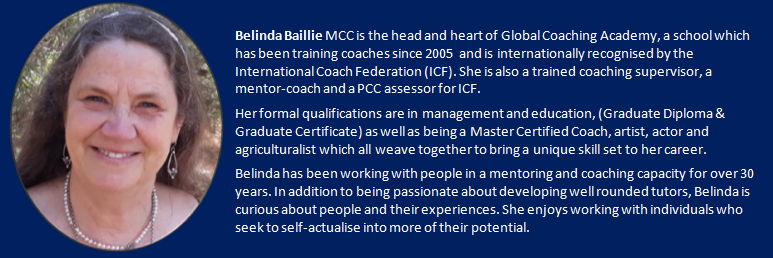Compassion – a word we’ve probably all thrown around, but what does it really mean in practice?
Dictionary.com describes it thus:
Compassion [kuhm-pash-uhn]
Noun – a feeling of deep sympathy and sorrow for another who is stricken by misfortune, accompanied by a strong desire to alleviate their suffering.
In a very 3D world, and from past ages of understanding, this is true. It is a simplistic concept that helps us become better humans towards one another. But as we move into a deeper understanding of where mankind is heading, I feel we need to update this definition a little. In this post I’ll share some of my own ponderings and learnings.
In ages past we needed to develop sympathy – an ability to put ourselves in others’ shoes so we could express care and understanding. This was a step in our evolutionary process as humans caring for something other than ourselves.
But the very nature of “sympathy” carries a judgement. When we think the events are ‘bad’ and we want to ‘fix’ the problem it’s often so ‘we’ don’t feel uncomfortable anymore. It’s not really about simply being present with someone who is going through something difficult.
Feeling “sorry for” someone, on an energetic level, can add to the burden of that person through the weight us thinking “oh how awful!” There is healing available in validating that an experience is awful. Absolutely. It would be counter-productive to become cold and ignore the suffering because difficult things are often awful. But this is where the ‘woke’ movement has taken compassion in an unhelpful direction and twisted it into ‘everything happens for a reason’ or ‘every cloud has a silver lining’ and they spout such phrases without the empathy piece.
Empathy is the evolution of sympathy. Empathy is the ability to sit with someone who is in pain, to care deeply for their suffering, to hold a loving and compassionate space while they process their feelings. We still feel how we feel – sad, sorrowful, whatever – but we don’t project it onto others nor make it about ‘us’ which can sometimes happen when we forget to hold space for others who are suffering. This can mean that the person who is in pain has to stop their process to comfort us. This is counter-productive to anyone’s healing.
Compassion has vulnerability in its heart. It doesn’t know why things have turned out this way, and it doesn’t try to understand. Compassion sits with pain, extends itself in unconditional love, has empathy, and is patient and kind. Compassion has no judgement or opinion in it. Compassionate understanding trusts in the Benevolence of the Universe, allowing the pain to heal, and for the person experiencing the difficult moment to hopefully grow and become better for it, but it doesn’t mind either way – that is for later, if ever – but for now, compassion sits gently, holds lightly, and is whatever that person needs to grow and evolve through this experience.
Compassion is unconditional love on steroids. It takes a strong person to be vulnerable enough to be truly compassionate and feel everything they are feeling without judgement. So let’s raise the vibration of compassion up a notch and explore how we can be more compassionate with one another – and also with ourselves.
with love from Belinda



